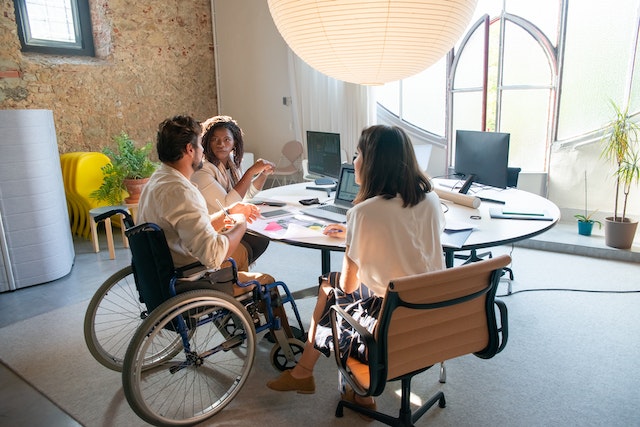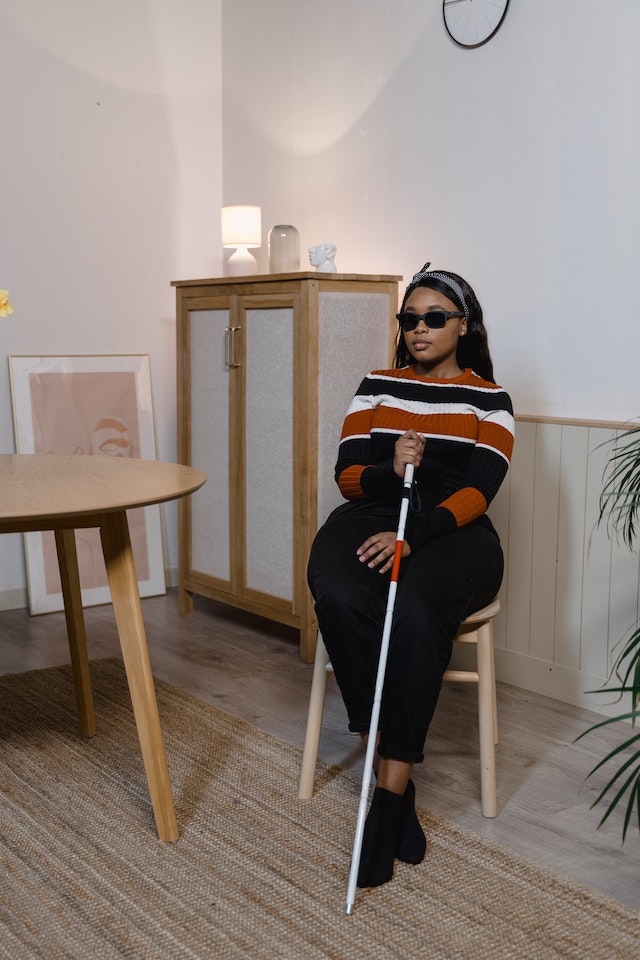
Empowering Inclusivity Through Advocacy and Empathy.
The importance of midlife women in promoting the rights and inclusion of people with disabilities cannot be overstated in a world that strives for inclusivity and equality. To create a more just and caring society, these strong women are fostering change, closing gaps, and changing views. This blog investigates the numerous effects of midlife women’s advocacy initiatives, emphasizing the link between them and mental health and wellbeing(“Midlife Women Advocacy Disability Rights Mental Health”)
The Power of Midlife Women Advocates.
Women in their middle years are increasingly becoming strong champions for the rights of people with disabilities, drawing on their networks, experience, and knowledge to make a real difference. These women apply their resiliency to transformative advocacy work while navigating their personal difficulties and changes.

Championing Inclusivity.
Advocates for midlife women play a critical part in advancing inclusivity by dispelling myths and raising public understanding. Their dedication to promoting empathy and understanding prepares the way for a culture that respects and embraces diversity.https://disabilityrightsfund.org/our-impact/insights/women-with-disabilities-leading-change/
Breaking Barriers through Education.
Educating people is the foundation of advocacy. Women in their midlife have a crucial role in eradicating stigmas, promoting open dialogue, and increasing public knowledge of disability. By exchanging experiences, setting up workshops, and interacting with local communities, they provide disabled people and their families the tools they need to face obstacles with more resiliency.

Empowering Mental Health.
Mental health activism and disability rights advocacy are inextricably linked. Advocates for women in their mid-life acknowledge how prejudice and marginalization affect mental health. They support a society that encourages mental health for everyone by fighting for the rights of people with disabilities.
Fighting Isolation and Loneliness.
Disability-related difficulties such as isolation and loneliness are widespread. In order to develop a feeling of community and counteract the detrimental effects of social isolation on mental health, midlife women advocates create venues for meaningful relationships.https://www.ncd.gov/publications/2009/Sept302009
Driving Policy Change.
Midlife women have the expertise and tenacity required to push for legislative reforms that prioritize the rights of people with disabilities. They have an impact on legislative decisions that improve the lives of people with disabilities, which ultimately leads to better outcomes for mental health, through lobbying, awareness campaigns, and grassroots initiatives.

Promoting Self-Advocacy.
One of the main goals of midlife women’s initiatives is to enable disabled people to advocate for themselves. These advocates empower people to express their rights by giving them resources and a sense of agency, ultimately having a good effect on mental health.https://pubmed.ncbi.nlm.nih.gov/35165159/
Inspiring Future Generations.
Midlife women’s advocates’ contributions go beyond the present. Younger generations are inspired by their commitment and motivated to keep up the battle for mental health and disability rights.
Conclusion.
Advocates for women in their mid-life are at the vanguard of a movement that aims to make society more empathetic and inclusive. Through their diligent efforts, they not only fight for the rights of people with disabilities but also advance everyone’s mental health and wellbeing. As we honor their accomplishments, let us be motivated to work alongside them to pave the way for a better, more fair future.https://www.cdc.gov/healthequity/features/women-disabilities/index.html


